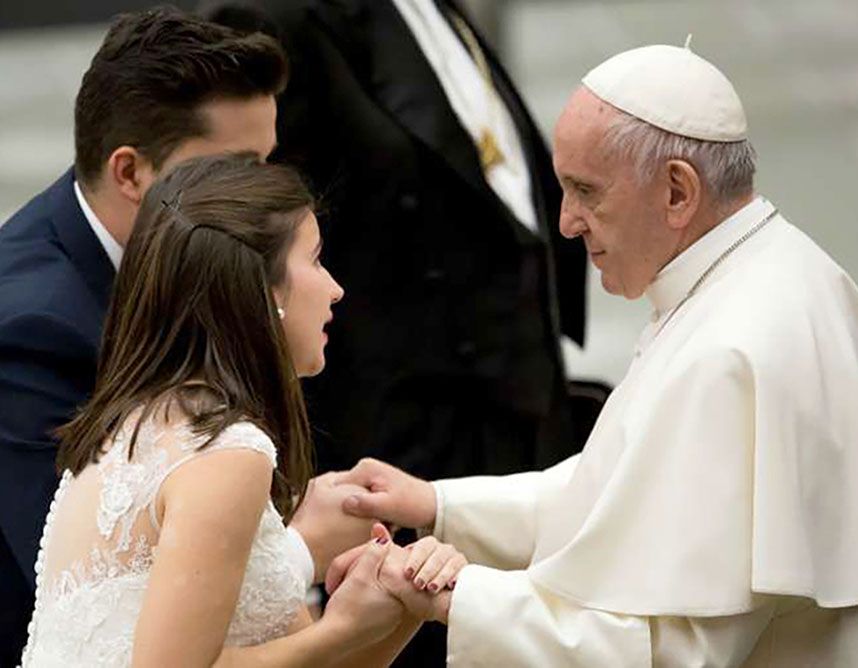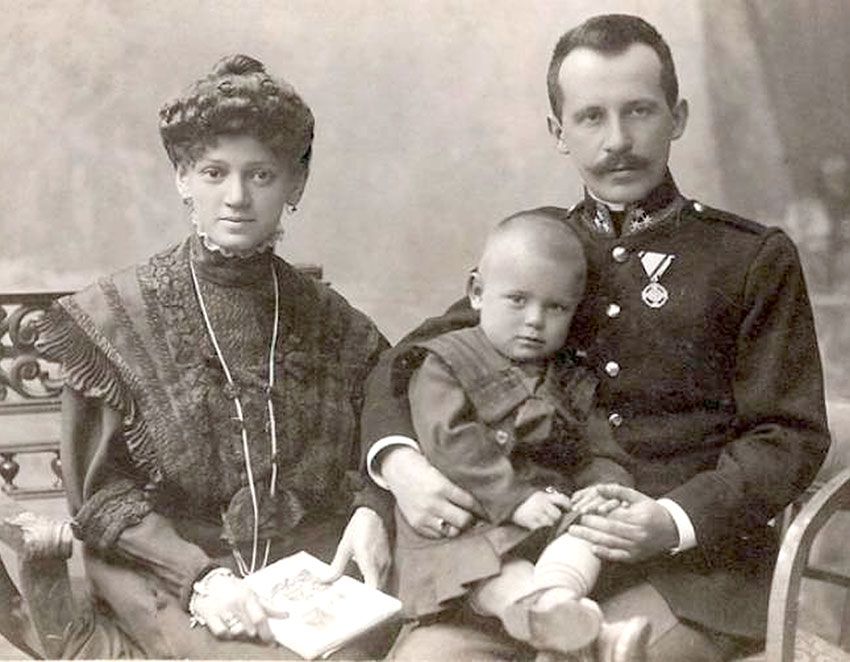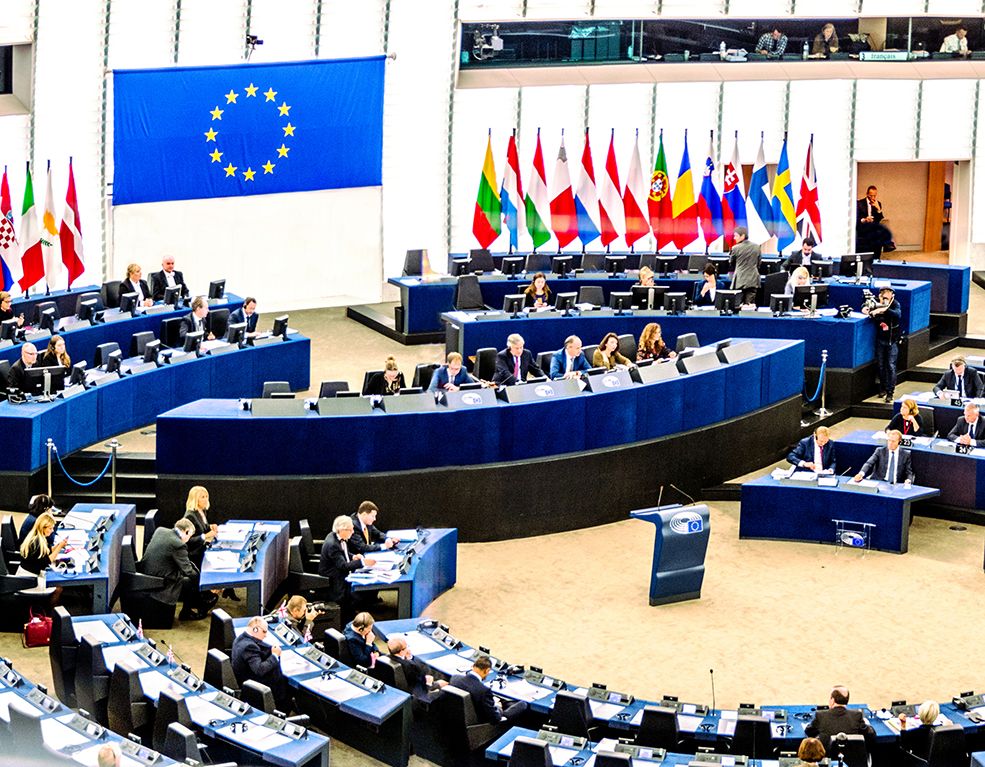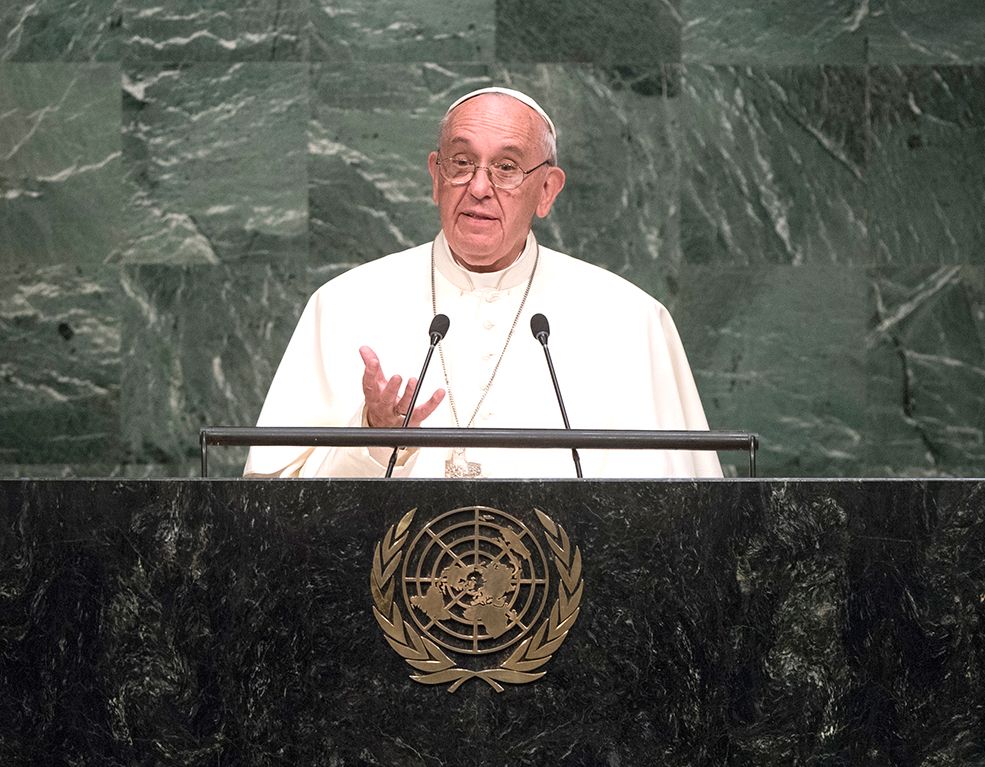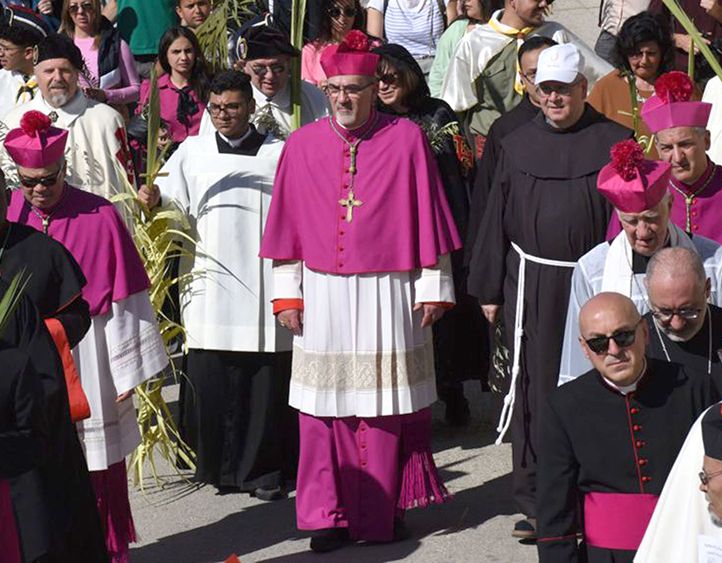This reflection of mine will not dwell on the coronavirus– though my thoughts were sparked by a sermon on the pandemic by a Pentecostal preacher I watched on TV. Thumping the pulpit he shouted: “You ask why? Why indeed! God is chastising us for our sins! Don’t we read in Genesis 6:5 that God sent the Deluge because ‘the Lord saw how great the wickedness of the human race had become’?!”
Most Christians I am sure will reject this image of the Tyrant God, the difficult-to-please Disciplinarian, the all-seeing Eye, the strict Master who expects perfection from everyone and unleashes disaster to punish us.
But is the Testing God much better? He allowed Job to endure crippling hardships, including the death of all his children and grandchildren. He inflicts pain and suffering on people to give them a chance to gain merit, as the apostle of the devotion to the Sacred Heart, Sister Margaret Mary Alacoque, believed. Or what about the Partisan God, the God who spares us if we know how to invoke His pity, if we plead with tears in our eyes?
It reminds me of a college student I knew whose father died of cancer in his forties. “I begged God”, she told me. “I spent hours in church on bare knees. I cried. I implored God to save my dad, for the sake of mum and my four brothers and sisters. No use. He is dead.”And then she added. “I will never go to church again.”
Love and Evil
If we are honest, we will admit that we all struggle to a great extent trying to grasp the meaning of a Loving God in a world with so much suffering, where mass murders and holocausts are possible. Is what we say about God correct? Could it be that our inadequate portrayals of God are emptying the pews? Are we driving younger generations into the arms of secular agnosticism?
In recent days, a song by Indian nuns has gone viral on social media. They chant: “Go, go, go away, corona. We have Jesus who will destroy you forever.” The truth is that Jesus will not destroy the virus, as any thinking teenager will realize.
Language About God
The problem is that we think and speak too glibly of God in human terms. “God hears my prayer. May God protect you wherever you go. God rejoices when you do good. God is angry with you when you sin.”
These are anthropomorphisms, speaking of God as if He were a human being. Last Christmas I heard a priest preach during midnight mass: “What an amazing thing! On this night the Son of God in heaven rose from His seat at the right hand of the Father and descended all the way down to Bethlehem to assume the form of that newborn baby lying in a manger.” This is a dangerous way of speaking about God.
For God is infinitely greater than anything we can ever express in human thoughts or words. The truth is that in His deepest essence God will remain unknown to us. God is beyond our understanding. God cannot be contained within our human concepts. By the very fact that we formulate a thought or coin a term about God, we impose a limitation on God that is characteristic of human thinking. All great religious thinkers have understood this.
The Tao Te Ching (500 BC) begins with the words: “The Tao that can be expressed is not the eternal Tao. The name that can be named is not the eternal name.” Indian teachers of the past never tired of reminding their disciples that God could only be described by denying imperfections about God: the way of ‘neti-neti’: “God is not this, not that.”
The Jewish Philo of Alexandria (20 BC-54 AD) said: “God alone can assert a positive assertion respecting Himself since He alone has an accurate knowledge of His own nature.” The Muslim scholar and mystic Al-Ghazali (1058-1111) arrived at the same conclusion. He stated: “It is impossible for anyone, except God, to understand God truly.”
The same is expressed strongly in Christian tradition. It has always proclaimed God’s utter transcendence. Dionysius, a Christian writer (about 500 AD), wrote a classical treatise about this: The Celestial Hierarchy. In it he describes the paradox that only by accepting the unknowability of God we can come to know God.
By accepting the limitation of conceptual thought, we can be united to God in direct experience. “The mind, liberated from that which is seen and which sees, penetrates into the darkness of true mystical not-knowing from which all intellectual understanding is excluded. Belonging to none, neither to oneself nor to anyone else, the mind is united to the pure Unknowable in its highest part where there is no conceptual knowledge. Knowing nothing conceptually, its knowledge transcends all that can be conceived.”
This comes very near to what our great Christian mystic Ruysbroeck (1293-1381) describes in one stanza from The Book of the Twelve Nuns. I will render a free translation from the Dutch here: “Pure not-knowing is the light in which one sees God. It is in unconditional not-knowing that we see God, but without knowing what we see, for what is seen transcends all things.”
Thomas Aquinas, the uncrowned king of traditional Catholic theology, stresses the same truth. “The ultimate peak of human knowledge of God consists in grasping that we do not know God. For then we realize that what God is, surpasses all that we understand of God.” (De Potentia Dei vii, 5, ad 14)
“Having arrived at the summit of our knowledge, we know God as unknowable. Our mind arrives at a better understanding of God precisely to the extent it realizes that the nature of God is above all that our mind can grasp” (Boetius de Trinitate 1, 2, ad 1).
Yes, because we are human we have to use human images when speaking of God. As Jesus did when He compares God to a loving father who cares for his children and who is ready to embrace them even after they have made mistakes.
However, these are just images, flimsy human words to express a valuable truth, such as that God reveals Himself in love; that God, in fact, is Love (1 John 4:7-21).
Mystery of Our Lives
The first thing we should do is always remind ourselves that our thoughts about God are just images, totally inadequate approximations. The piece of cloth we call a Union Jack stands for Great Britain. Can that symbol ever express the full complex reality of 66 million people living a somehow integrated existence in four countries?
A fly buzzing round our face has a ‘fly image’ of us. It sees us as a carrier of delicious microbes it can lick off our skin or as a threat to its life when we slap it. It does not have a clue of the intricate bundle of body, mind, emotion, relationships we are. We grasp even less what God is like. We should sit back and let this realization sink in. Paradoxically this does not push God further away from us. On the contrary, it will enable us to reach out to God on a deeper level, in the speechless dimension of mystical encounter.
God is the innermost mystery of our lives. God sustains us in being who we are. He pervades our world as the foundation of truth, the source of all beauty, the love that gives meaning to our existence–without directly meddling in our day-to-day lives as a super-manager who inflicts disease on sinners or grants rain to believers during a period of drought.
Moments of Silence
Periods of silence are helpful here. Documents outlining reform of the liturgy after Vatican II stressed the need of inserting moments of silence at some key points of Mass: after the sermon, as part of the bidding prayers, at the consecration and after communion. Most masses I attend have become an endless torrent of words, no room for face-to-face silent encounter with God.
Music can help us enter mystery. Not verbose hymns rambling one stanza after the other, just the organ playing in the background. I am by no means a fan of the old Latin rite, but the ancient Gregorian chants with their haunting melodies in an unknown language perhaps gave people a better chance to immerse themselves in realities that lie beyond. You get the drift.
Confronting God in silence, looking at the world from our mountain top as Jesus did when he prayed, joining Christ in His incredible act of self-sacrifice at His Eucharist, feeling God’s presence in every act of love we may experience, will help us come to terms with our world. Yes, even with Covid-19. Published in THE TABLET





